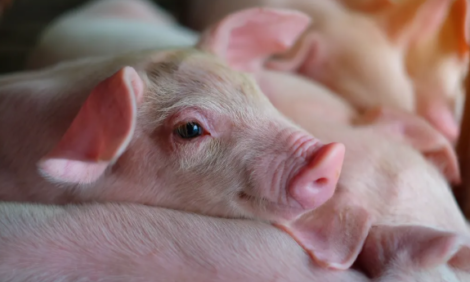



Water acidification to improve piglet health and performance – 5 takeaways
Even your best piglets can struggle with gastrointestinal challenges during the post-weaning phase. Supplementing piglets’ water with organic acids can help.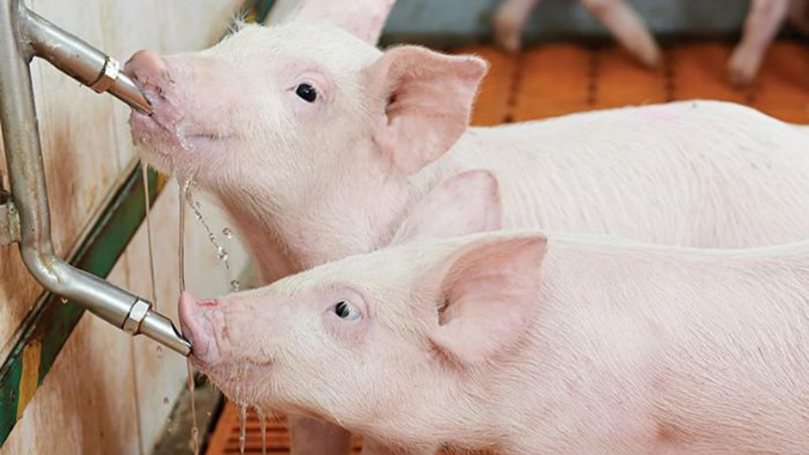
© Trouw Nutrition
How can piglets’ diets be adapted to address the physiological processes occurring post-weaning and help piglets navigate the post-weaning phase without performance problems? Findings from a meta-analysis conducted by Trouw Nutrition, the animal nutrition division of Nutreco, shows that supplementing piglets’ water with organic acids can optimize stomach pH levels and help piglets optimize performance. Below are five takeaways related to gut health and findings from the meta-analysis that show the link between water acidification, gut health and piglet performance.
Takeaway #1: Achieving a low pH is essential to digestion post-weaning
Enzymes, such as pepsin, in the stomach digest protein, but these enzymes require a low pH level to activate. In suckling piglets, high levels of lactate in sow’s milk inhibit hydrochloric acid (HCI) secretion, but the presence of lactate in the sow’s milk keeps pH levels in the stomach low to facilitate efficient nutrient digestion. Several factors at weaning, such as the introduction of new feed, can raise the stomach pH – often at levels greater than pH 5.0. This is concerning when one considers that the optimal stomach pH for converting pepsinogen into pepsin is around 2.0-3.5.
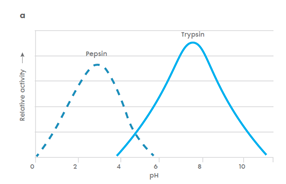
© Trouw Nutrition
HCl production during the first 3-4 weeks of life piglets is insufficient (Figure 2), with pepsin activity increasing around 5-6 weeks (1-3 weeks post-weaning, depending on weaning age). These conditions mean that piglets need extra support in the critical weeks post-weaning so that they achieve adequate stomach acidification required to support protein digestion.
Understanding the important link between stomach pH and digestion, Trouw Nutrition researchers evaluated the role a water acidifier can play in supporting optimal pH levels in piglets’ stomachs. The meta-analysis below demonstrates the role of a water acidifier in reducing stomach pH and improving piglet growth performance.
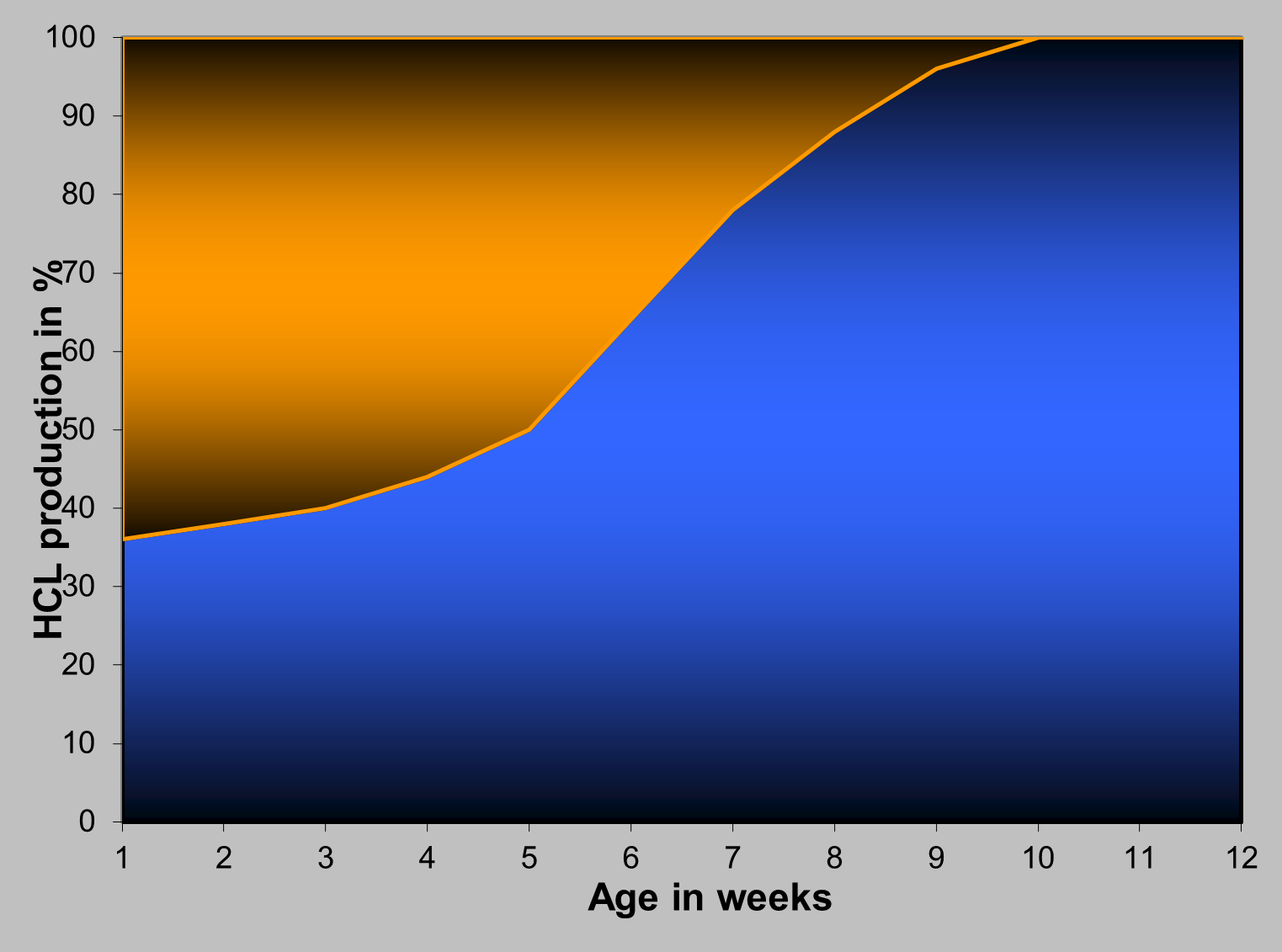
© Trouw Nutrition
Takeaway #2: Studies around the globe reveal show water acidification improves piglet growth
Trouw Nutrition conducted nine scientific studies in six countries - Canada, The Netherlands, United Kingdom, China, Vietnam, and Brazil. Representing vastly different production geographies , these studies were combined in a meta-analysis to evaluate the effect of supplementing piglets’ water with an acidifier (Selko-pH) to support nursery piglets’ growth performance. A total of 2,068 weaned piglets (7.3 kg initial body weight, 25 days of age) were allocated to one of two treatments: 1) control (no water acidifier) and 2) Selko-pH (a blend of free and buffered organic acids). Selko-pH was added at a dose to reach a water pH of 3.8 and supplied to piglets over the entire nursery period (5-6 weeks).
Individual studies’ raw data were combined and the effect of treatment on overall performance was analyzed using mixed models in SAS. Water intake data from four studies was also analyzed.
Researchers analyzing the meta-analysis data saw that nursery piglets receiving water supplemented with a water acidifier experienced a significant effect on growth performance. Compared to piglets in the control treatment, the final body weight (+5.8%, p<0.0001) and average daily gain (+8.3%, p<0.0001) increased, whereas the FCR decreased (-1.3%, p=0.001) when Selko-pH was supplemented. These improvements were driven mainly by higher water intake (+0.59 L/d, 2.70 vs 2.11 L/d) and feed intake of piglets in the Selko-pH group (Figure 3).
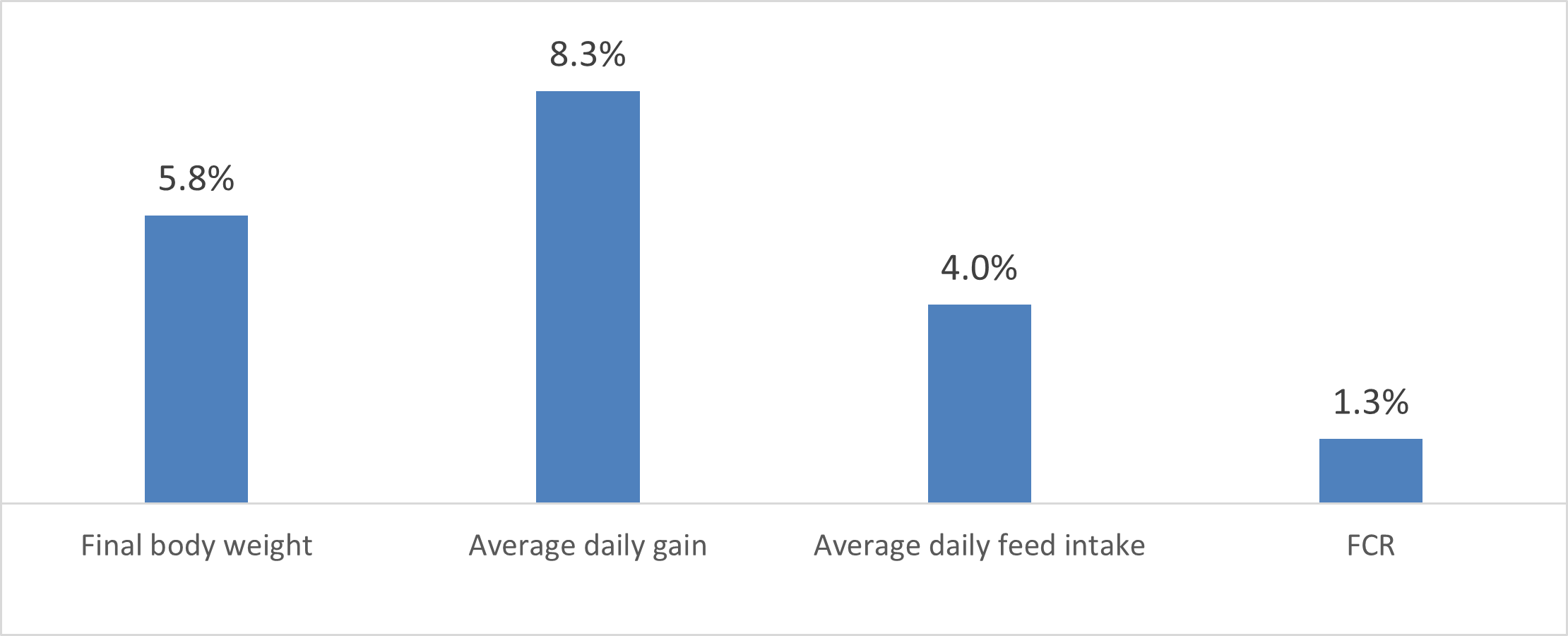
© Trouw Nutrition
Takeaway #3: Piglets receiving a water acidifier tended to have a lower stomach pH
A separate meta-analysis was conducted involving three studies performed at the Trouw Nutrition Swine Research Center in The Netherlands. Researchers evaluated the effect of water acidification on stomach pH among a total of 332 weaned piglets (7.5 kg initial body weight, 24 days of age) divided into two groups. Piglets in the treatment group received Selko-pH for a period of 6 weeks. Stomach pH was measured at the end of the period.
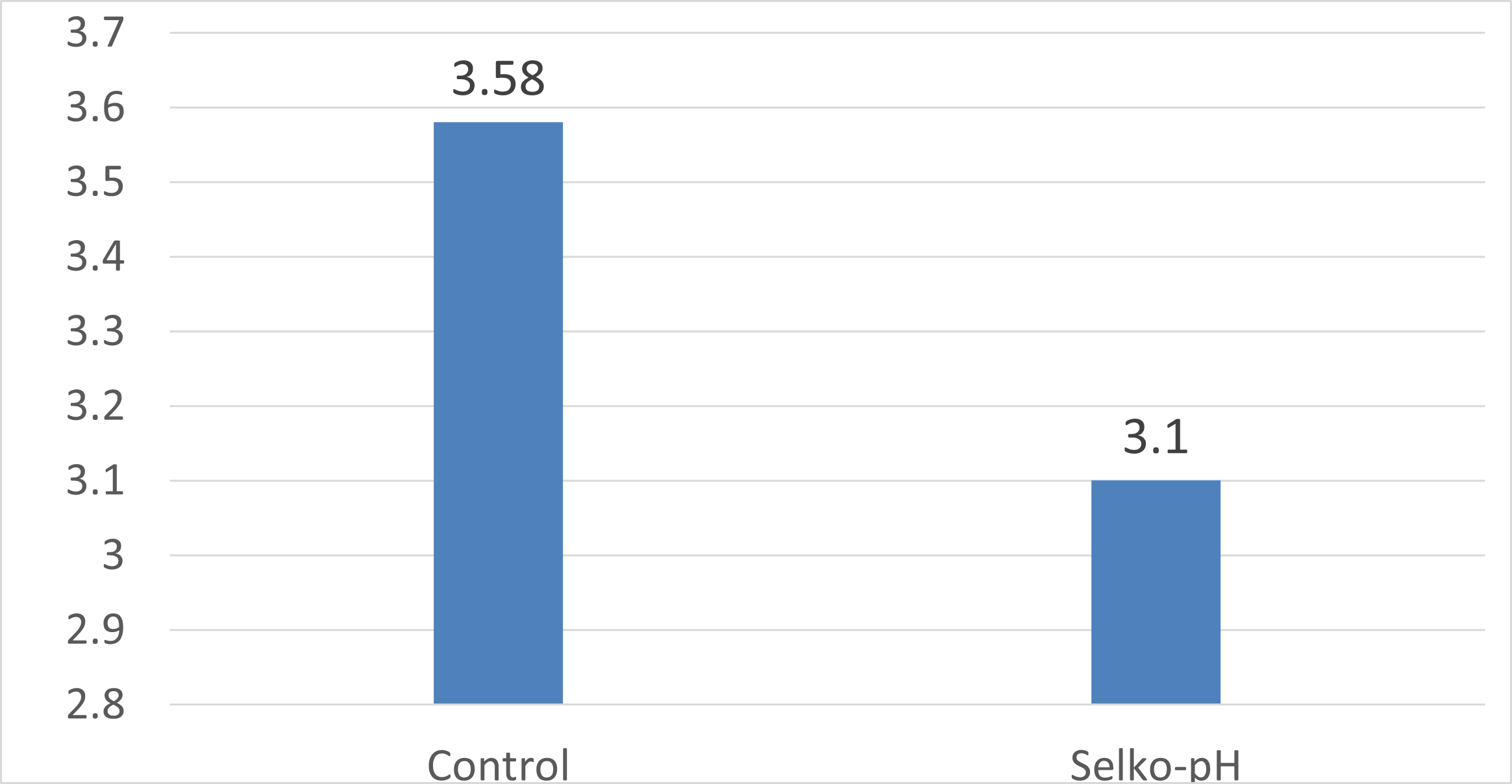
© Trouw Nutrition
Compared to the control group, piglets that received water supplemented with Selko-pH tended to have a lower stomach pH (p=0.07, Figure 4). Achieving a lower stomach pH of 2.0-3.5 is extremely important for protein digestion in young piglets. At 42 days post-weaning, the amount of HCl production nears its maximum (Figure 2). A more distinct effect of Selko-pH is expected in the first 2-3 weeks post-weaning when HCl production is lower.
Takeaway #4: Studies show improved trypsin levels in piglets receiving a water acidifier
Pancreatic proteases, such as trypsin in the small intestine, further digest protein. Similar to pepsin, trypsin concentration levels are low in the first days after weaning. A 2018 study performed by Hunan Agricultural University (China) in collaboration with Trouw Nutrition found that water acidification with the Selko-pH resulted in significantly improved trypsin activity in the jejunum of weaned piglets compared to a control group (+1.5%, 1485.7 vs 1508 UI, p < 0.05).
Takeaway #5: Water acidification can set piglets up for better performance
Decreased feed intake due to weaning stress can compromise growth performance and ultimately threaten lifetime performance. Protein digestion is optimal when the pH of the stomach is between 2.0-3.5. Various physiological factors can make it challenging to achieve these pH levels in newly weaned pigs’ stomachs. The meta-analysis described above demonstrate clearly that supplementing water with Selko-pH reduced stomach pH in weaned piglets and, as a result, improved piglets’ growth performance.
In summary, supplementing piglets’ water with Selko-pH resulted in improved water and feed consumption, higher body weight and reduced feed conversion ratio.
References available upon request.









